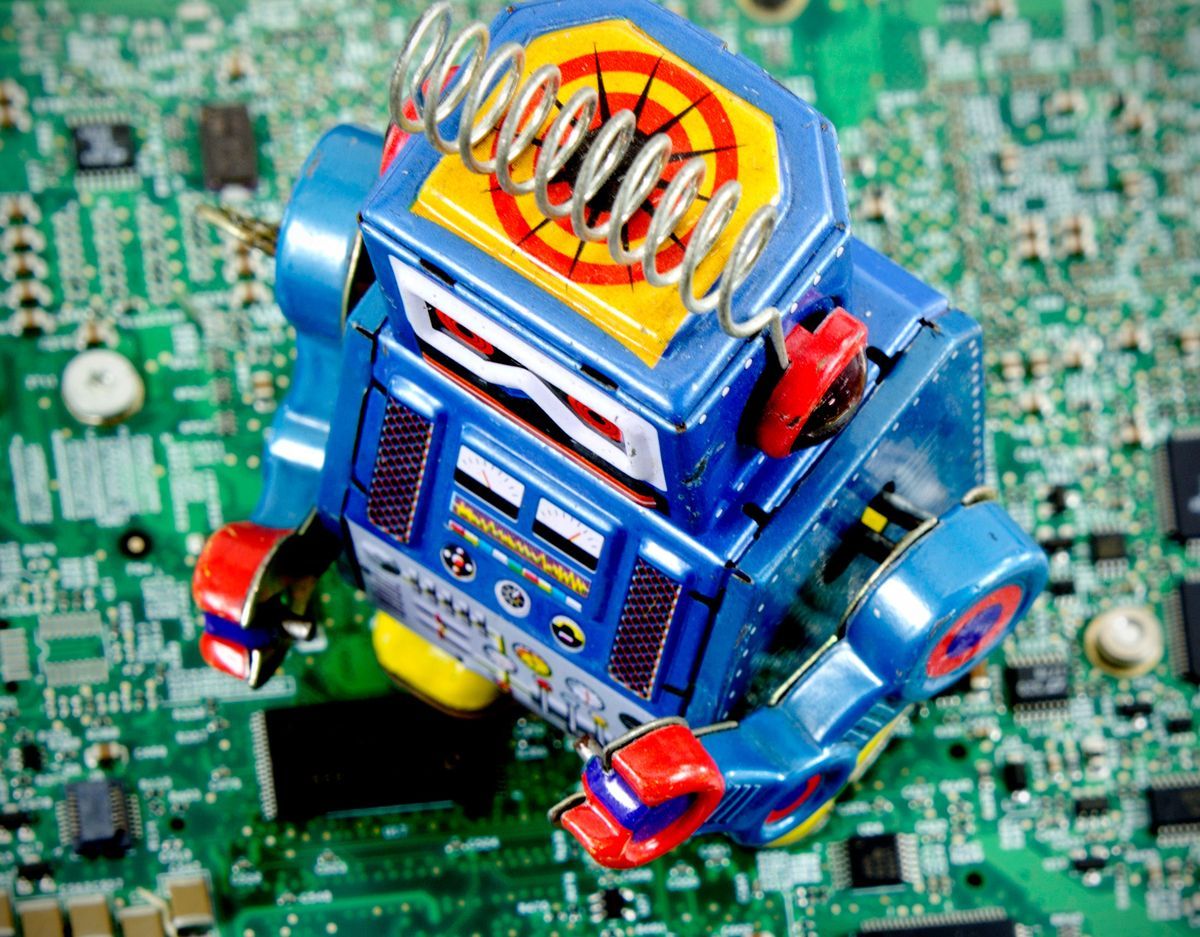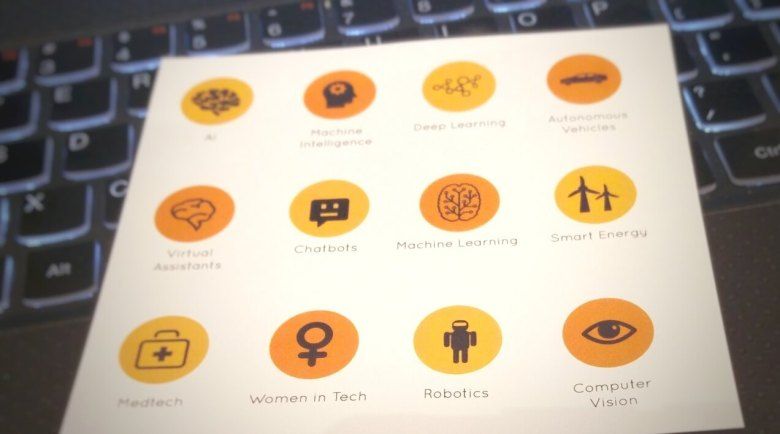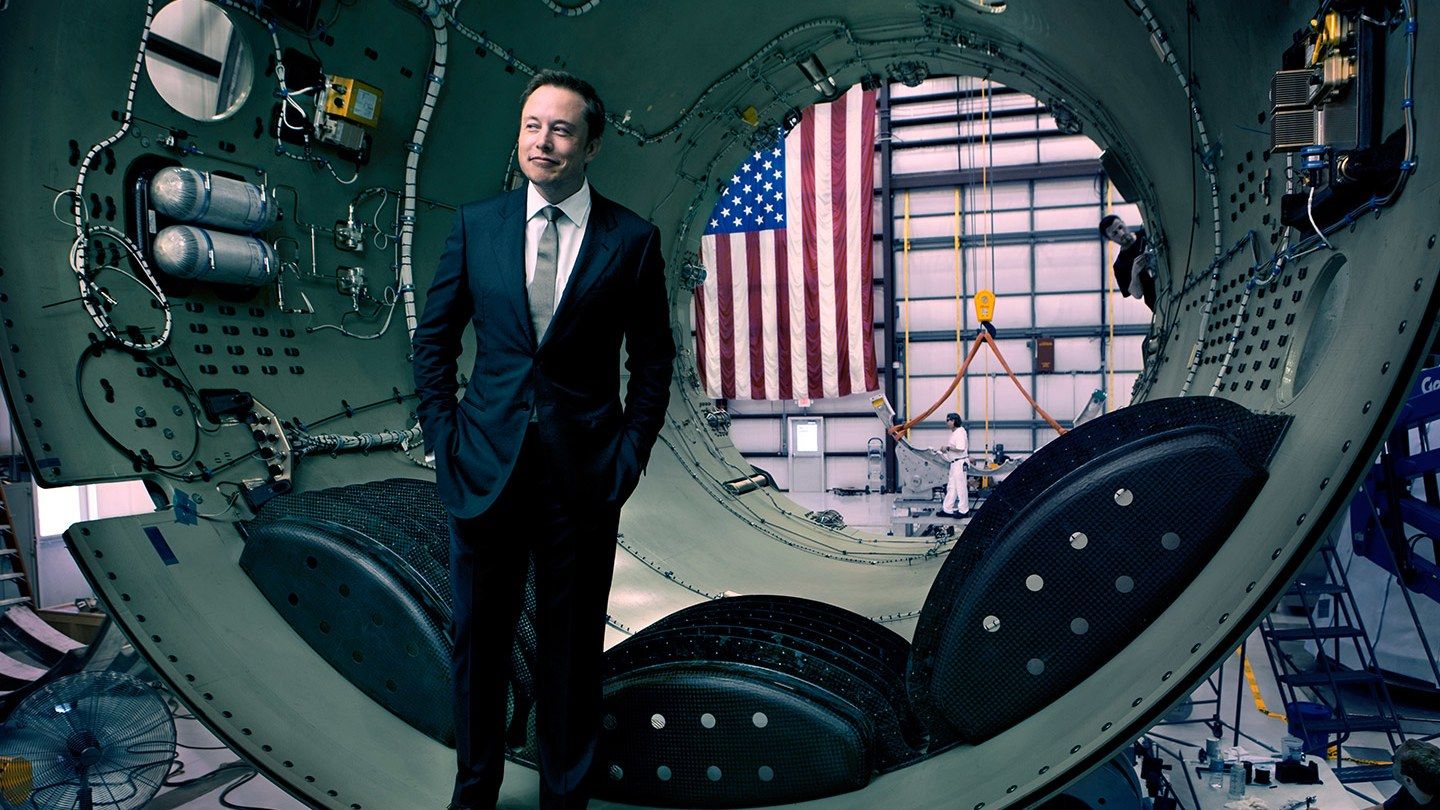Driverless vehicles operated by Uber Technologies Inc [UBER.UL] were back on the road in San Francisco on Monday after one of its self-driving cars crashed in Arizona, the ride-hailing company said.
Uber’s autonomous vehicles in Arizona and Pittsburgh, Pennsylvania, remained grounded but were expected to be operating again soon, according to a spokeswoman for the company, who refused to be identified.
“We are resuming our development operations in San Francisco this morning,” she said in an email.









